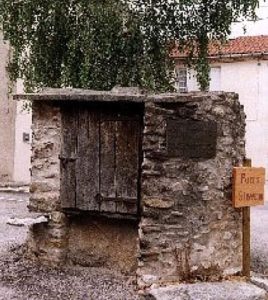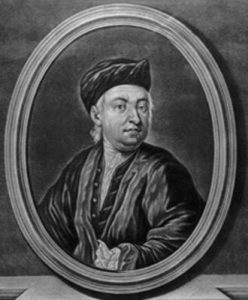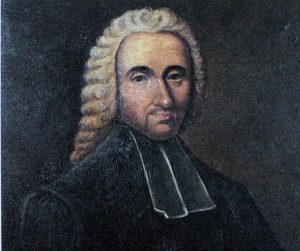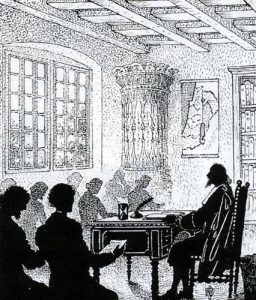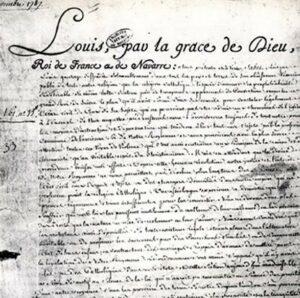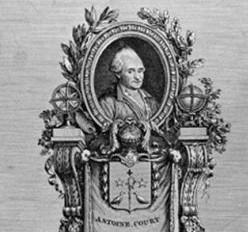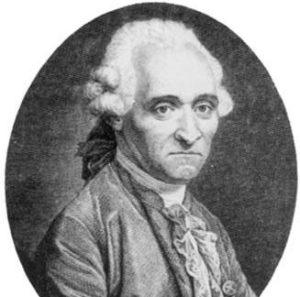Jean-Paul Sirven, craftsman from Castres
Jean-Paul (or Pierre-Paul) Sirven, a Protestant surveyor from Castres,
settled in Saint-Alby, near Mazamet with his wife and their three daughters, Anne, Elisabeth and Jeanne.
On March 6, 1760, Elisabeth, who had neurological problems that used to be labelled « insanity » or « madness », disappeared. After a distressing search led by the family, the Bishop of Castres announced the girl had asked to go to the “Convent of the Black Ladies”, and she had indeed been taken away from her family in order to turn her away from the Protestant faith.
At the convent, the madness fits got worse. On October 9, 1760, she was sent back to her parents. On December 16, 1761, she disappeared and on January 4, 1762, her body was found at the bottom of the Saint-Alby well.
Mr Sirven was charged with killing his daughter and on January 19, judges requested the whole family be arrested. The father was sentenced to be burnt alive, the mother to death by hanging and their property was to be confiscated. But the Sirven family were warned of this and fled through Montagne du Tarn, Roquecourbe, Arifat and Montredon to Switzerland. On March 29, 1764, as nobody had managed to arrest them, their effigies were burnt in Mazamet, in Plo Square outside the church.
The Sirvens meet Voltaire
From Switzerland the Sirvens got in touch with Voltaire who was in Ferney. The latter, who was deeply moved by their story, gave them his full support and gave their story the kind of exposure that came from his own fame. Donations and support arrived from all across Europe.
Mrs Sirven died of sorrow. The procedures to quash the decision made by the Parliament of Toulouse were started but on January 23, 1768, the appeal was rejected.
« I demand justice for the oppressed Sirven », Voltaire reiterated in his letter to Boileau (1769). Sirven came back to France and gave himself up in Mazamet on August 31, 1769.
On November 25, 1771, the criminal court of Toulouse modified the sentence given on March 29, 1764 and gave back to Sirven all his property.
Voltaire exclaimed « It only took two hours to sentence a virtuous family to death and it took us nine years to give them justice ».
The Sirven case came to an end in Ferney on June 15, 1772 : « The whole family gathered at my home yesterday, and shed tears of joy ».

